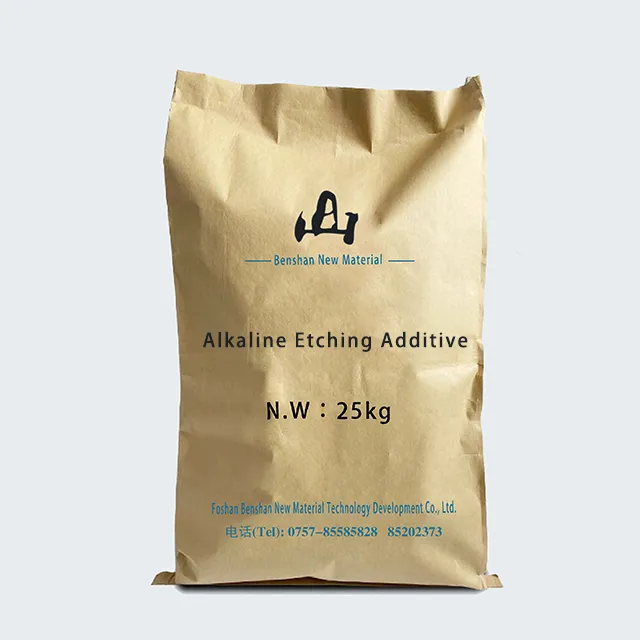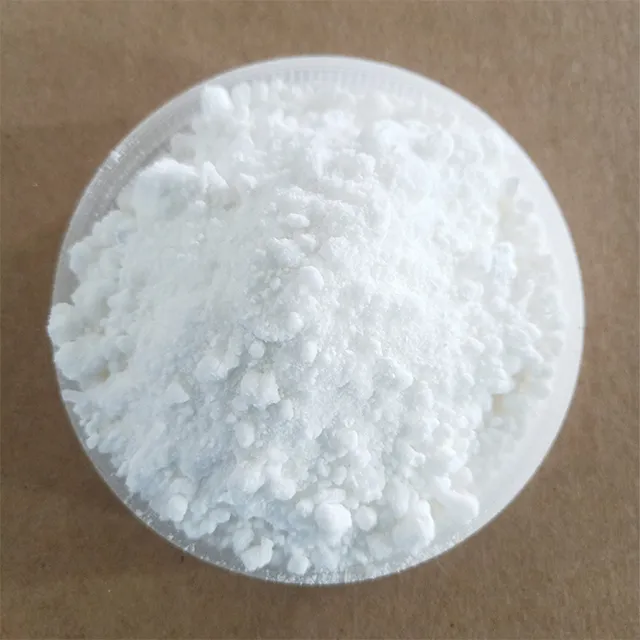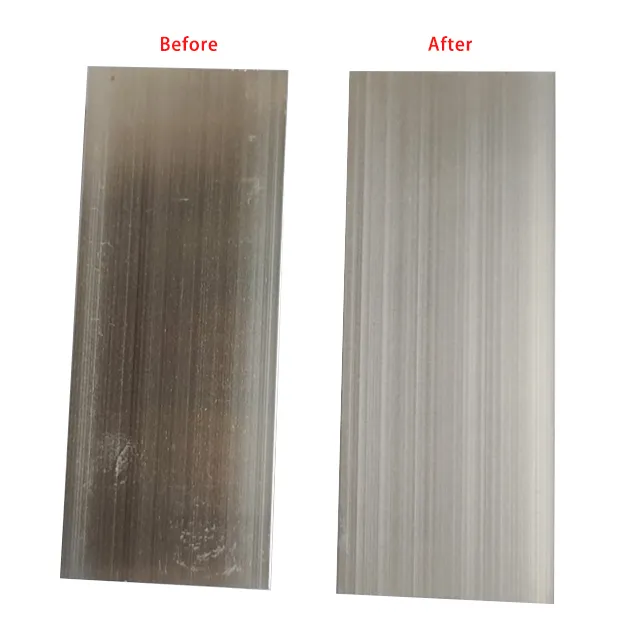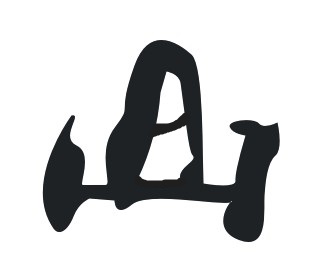
Can alkali etching additive be used universally in different metal treatments?
2024-02-25 15:30
With the development of industrial technology, the processing and surface treatment of various metal products have become more and more important. In this process, alkali etching additive, as a commonly used treatment agent, has attracted much attention. However, people are generally concerned about whether alkali etching additive can be used universally in different metal treatments. Today, we’ll take a closer look at this issue.
1. Chemical properties of different metals: handling requires caution
Different types of metals have their own unique chemical properties, and the corresponding surface treatment methods will also be different. Therefore, when considering using basic etching additive for metal surface treatment, you must fully understand the characteristics of various metals and make selections and adjustments based on the actual situation.

2. Formula and application scope of alkali etching additive: customized requirements
The formulations of basic etching additives are usually designed for the surface treatment needs of specific metals. Different metals have different surface oxide films and impurity compositions, so the composition and concentration of additives need to be adjusted specifically to achieve the best treatment effect. This means that universality is not absolute but requires customized design based on specific circumstances.

3. Suitability testing for different metals: experimental verification is necessary
In order to determine the applicability of alkali etching additive in different metal treatments, a series of experimental verifications are required. These experiments include alkali etching treatment of different metal samples and evaluating the surface quality, corrosion resistance and other indicators after treatment. Through these tests, we can more accurately understand the effect of basic etching additive in different metal treatments, and make corresponding adjustments and optimizations.
4. Consider process and cost factors: comprehensive consideration
In addition to technical considerations, process and cost factors also need to be considered comprehensively. There may be differences in the treatment processes of different metals, and the cost of using alkali etching additive will also vary depending on the formula and dosage. Therefore, when choosing whether to use alkali etching additive for metal treatment, a comprehensive consideration is required to find the most suitable solution.

5. Potential expanded applications: driven by technological innovation
Although there are certain limitations in the versatility of basic etching additive , with the continuous innovation and development of technology, people are constantly exploring its potential applications in different metal processing. By adjusting the formula and process, it may be possible to expand the scope of application of alkali etching additive to meet a wider range of industrial needs.
In general, the versatility of alkali etching additive in different metal processing is affected by many factors and requires customized design and adjustment according to specific conditions. In the future, with the advancement of science and technology and the accumulation of experience, it is believed that the application scope of basic etching additive will become wider and wider, providing more choices and possibilities for industrial production.








